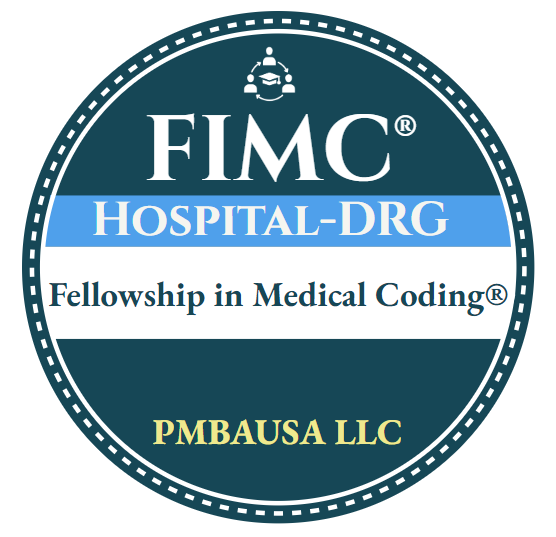Addressing the Growing Demand for Inpatient Coders
Inpatient coding is a critical need in today’s healthcare environment. Here’s why:
Scarcity of Skilled Coders
- Well-trained inpatient coding specialists are in short supply, making it difficult for hospitals to find the expertise they need.
High Coder Turnover
- The high turnover rate among coders nationwide exacerbates staffing challenges, leaving hospitals in a constant struggle to maintain their coding teams.
Recruitment Difficulties in Remote Areas
- Hospitals in remote locations face significant challenges in attracting and retaining certified coders, often leading to gaps in coding coverage.
Complexity of Specialty Coding
- The advent of Ambulatory Payment Classifications (APCs) and Ambulatory Patient Groups (APGs) has added layers of complexity to hospital coding, requiring coders with specialized knowledge.
Budget Constraints
- Many hospital medical records departments operate with limited budgets, making it challenging to recruit and retain a sufficient number of coders to meet their needs.
Shortage of Certified Coders
- The shortage of certified coders with extensive training in hospital facility coding is a nationwide issue, leading to increased demand for qualified professionals.
Staffing Challenges for Smaller or Specialty Hospitals
- Smaller hospitals and specialty facilities often cannot justify the cost of hiring full-time coders, resulting in inadequate coding coverage and financial risks.




